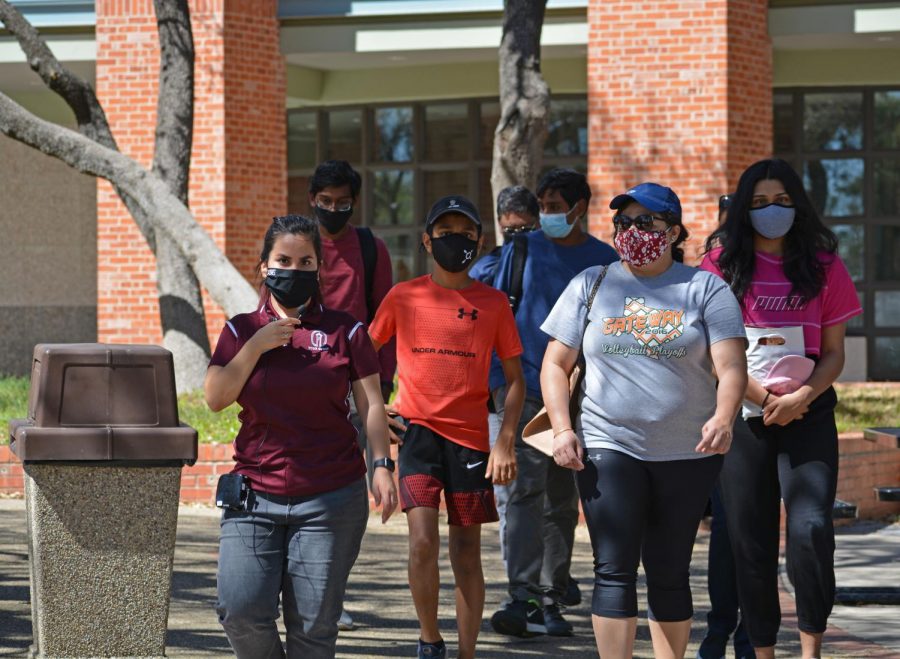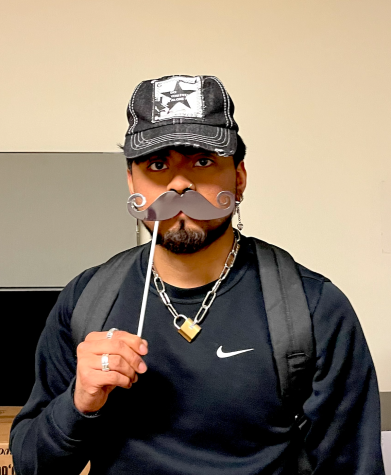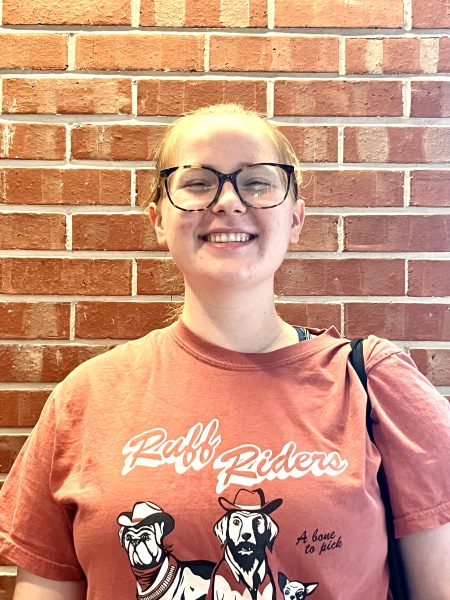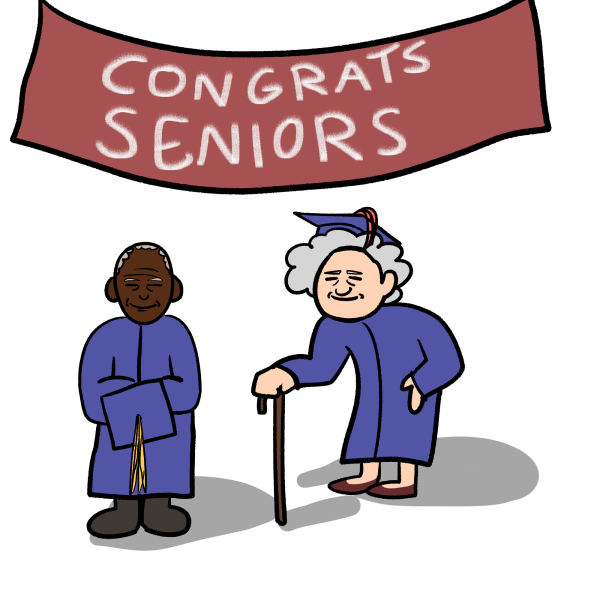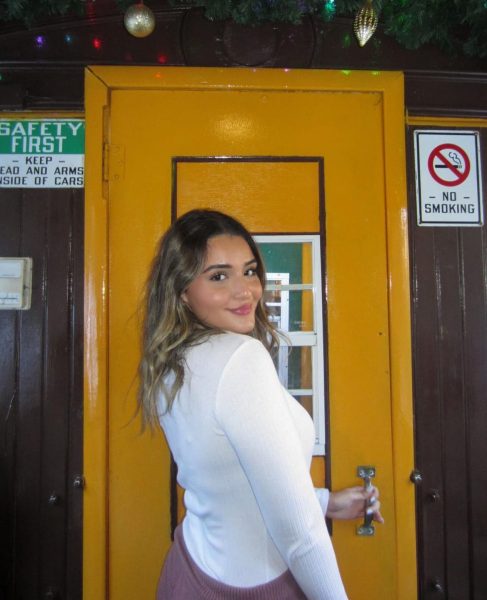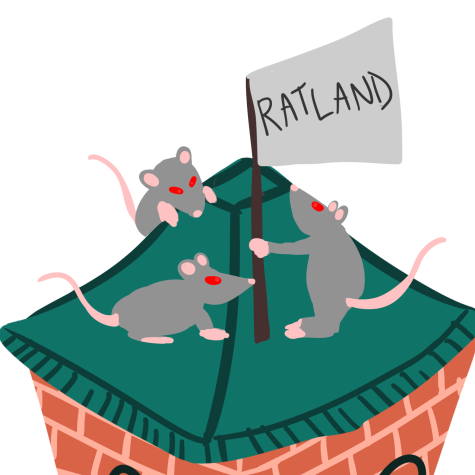Interviewing to be an RA, what’s it like?
Current residential assistants share their past interview experiences
To be one of the few chosen to be a Resident Assistant (RA) on Trinity’s campus, students have to go through an interview process. Rachel Boaz Toppel, Assistant Director for Residential Education, is the woman in charge of that process, so she knows better than anyone what prospective RAs should expect when applying for the position.
Interviewing for the RA position is a two-step process that starts with a program called the Big Interview Platform. “It’s a video tool that is a recording of me asking questions, and you [the student] record your response to it,” said Boaz.
After students submit their recorded responses, Res Life will review them and choose who advances to the second interview. “The second step in the process is inviting the second round candidates to a more traditional interview via Zoom with members of the Res Life staff,” said Boaz.
When interviewing students, Res Life does not expect students to ‘know it all.’ “We’re not looking for the students to demonstrate expertise because no one has been an RA before,” said Boaz.
Instead, the questions students are asked have more to do with who they are and what skills they bring to the table.
Sofia Muñoz, a sophomore RA, shared her experience with the interview process.
“The questions weren’t too difficult to answer… [they] questioned me about characteristics that are important to this job, such as social skills, communication, and organization,” said Muñoz.
However, anybody applying to be an RA should be able to demonstrate their skills with past examples.
“They also asked about specific instances in which I used important skills like handling conflict or communicating with coworkers and bosses and working on a team,” said Muñoz.
Additionally, students should be prepared to answer questions demonstrating their ability to uphold campus values in their hall.
“We [also] had questions related to DEI [diversity, equity, inclusion]. In the first interview, the question was to describe a time when they supported someone that was different from them, and in the second interview, we asked what intentional inclusion was to them and how they would go about building an inclusive community on their hall,” said Boaz.
While it looks like a greater number of students will be allowed back on campus next semester, there will be an adjustment period, as well as some new policies, that will affect what the RA process entails.
One thing interviewers will look for is whether potential RAs will be able to provide the additional support that students will no doubt need. Something junior RA Marissa Young knows all about.
“I have found it really helpful to talk through things that are frustrating me or overwhelming me with the residential pro-staff so that we can try to come up with a solution that works for everyone,” said Young.
The interviews Res Life did for RAs this year already reflect the need for additional support in upcoming semesters. Special care went into the interviews for RAs wanting to work in the sophomore college and handle their unique needs.
“One thing we kept in mind [during the interviews] was particularly Sophomore College and the RAs placed there. The needs of sophomores will be different because of the students who are coming to campus who didn’t live on campus for their first year. We will have to provide a potentially higher level of support because we haven’t had those transitions,” said Boaz.
A lot has changed since the start of the pandemic, and it seems the interview process will continue to adjust to those changes, but no matter what it looks like, there are some things that will always be important to keep in mind.
“Don’t let it [the interview process] intimidate you too much, they [Res Life] really just want to get to know you and make sure you would do well, not just for them but for yourself,” said Muñoz.
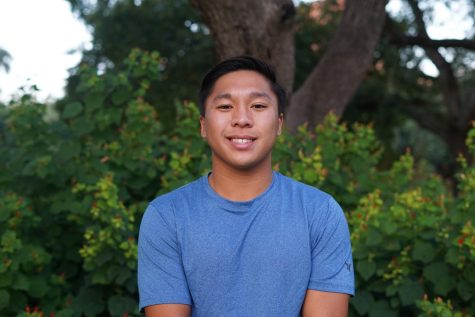
I am a senior photographer from Houston, Texas majoring in Biology on the pre-PA track. I love sports photography and just being able to capture a moment...

